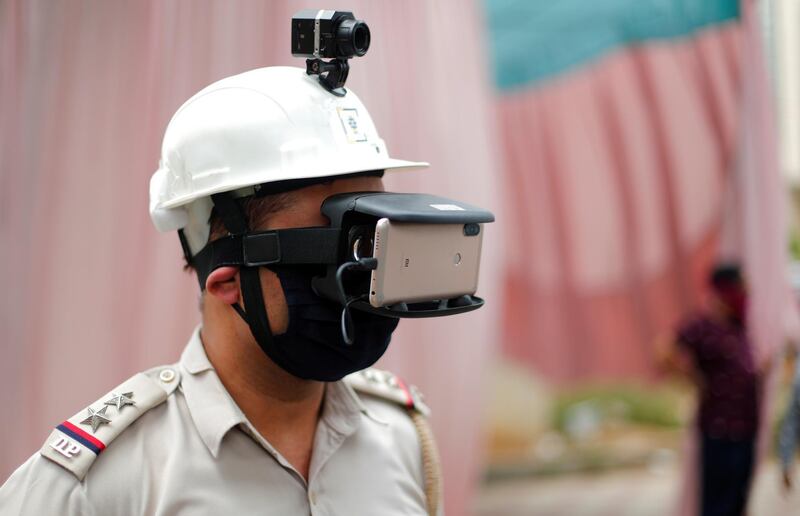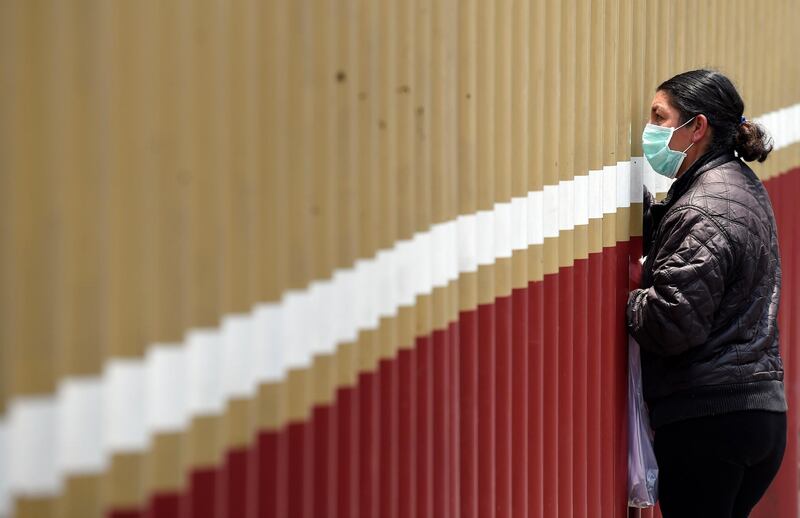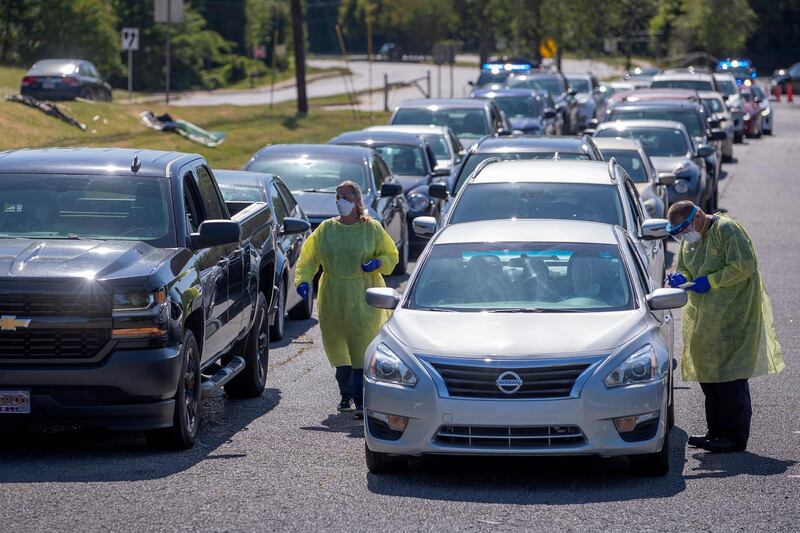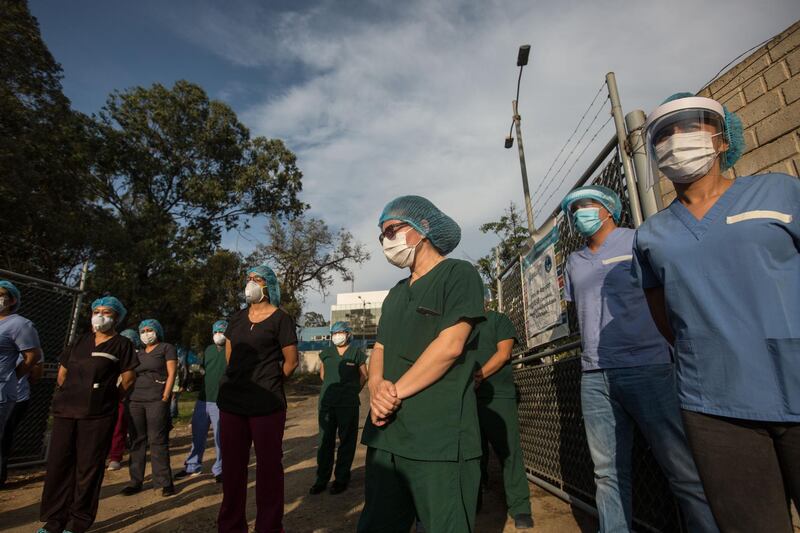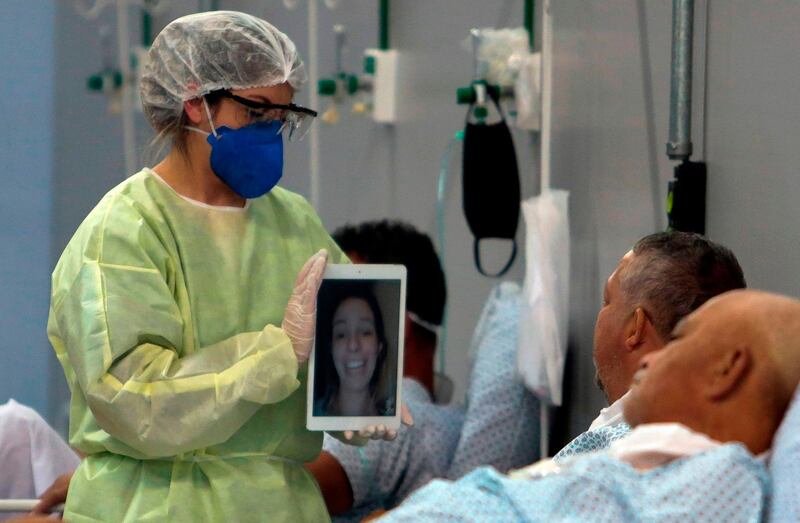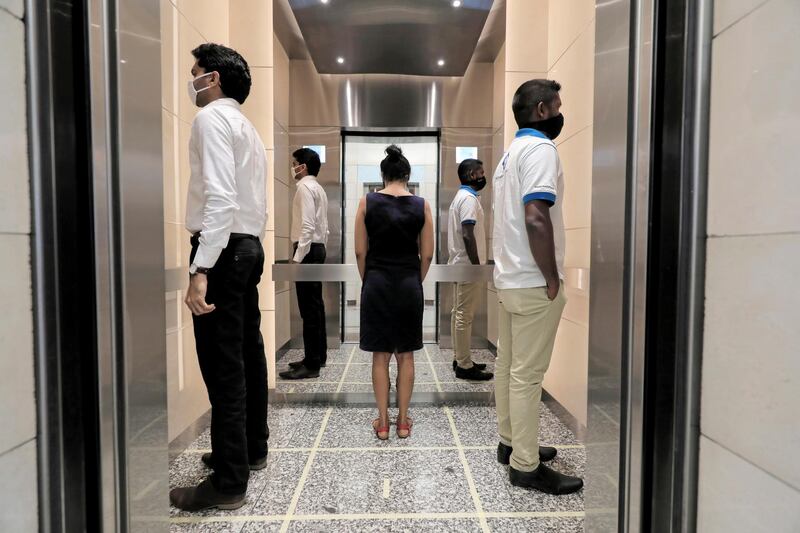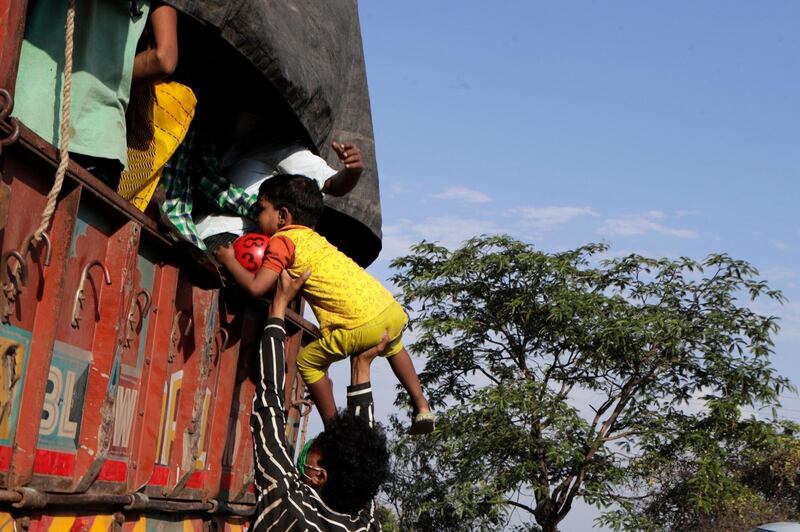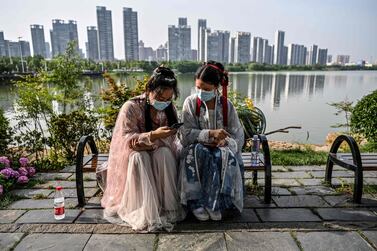Far fewer people have contracted Covid-19 than expected according to antibody studies, meaning herd immunity experiments are not only doomed to fail, they are dangerous, the WHO said on Monday.
Only between 1 per cent and 10 per cent of people globally have shown evidence of infection, according to the early results of some of the 90 serology surveys taking place across the world.
That means the health implications of the virus are much more severe than many believed it to be, said Dr Mike Ryan, executive director of the World Health Organisation's Health Emergencies Programme.
The new figures show any attempt to pursue a strategy that would result in "herd immunity" without a vaccine would be “very dangerous”.
Covid-19: What is herd immunity?
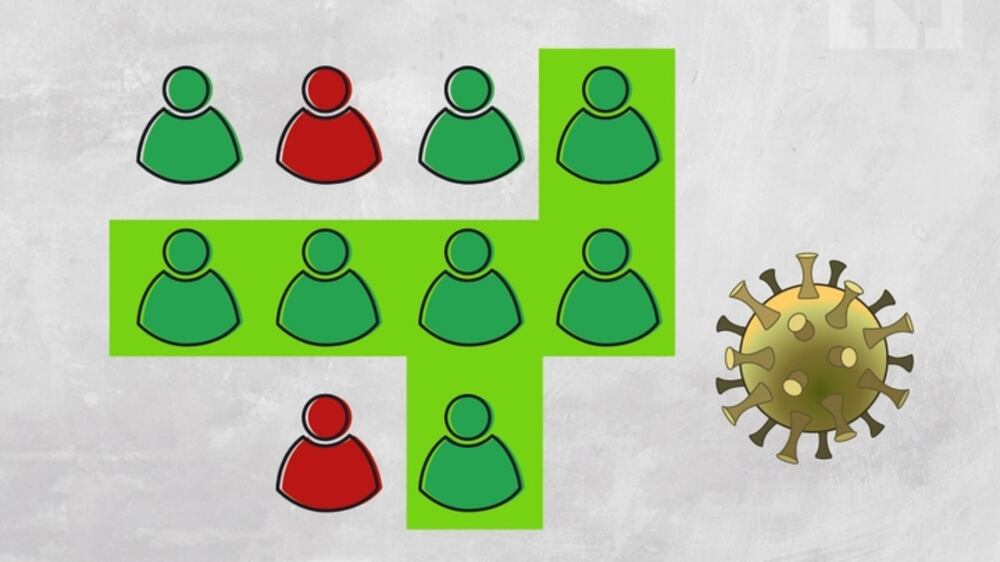
Maria Van Kerkhove, the WHO's technical lead, said the body had not yet been able to evaluate the methodology of many of the ongoing seroprevalence studies, which look for antibodies in the blood that point to past Covid-19 infection.
But the studies' preliminary results showed a “very low proportion” of people had contracted the virus across the world, mainly in the range of 1 per cent to 10 per cent, with a “couple” pointing to a slightly higher prevalence of 15 per cent.
“What these seroepidemiologic studies indicate to us is that there is a large proportion of the population that remains susceptible. And that’s important when you think about what happens in subsequent waves, or what may happen as a potential resurgence,” she said.
“So we have a long way to go with this virus, because the virus has more people that can be infected.”
Dr Ryan said the estimates disproved the theory that once serology study results were available they would show most people had already had the virus and were therefore immune.
“The preliminary results from the seroepidemiology studies are showing the opposite.
“It is showing the proportion of people with significant clinical illness is actually a higher proportion of all those who have been infected, because the number of people infected in the total population is probably much lower than we expected,” he said.
He said that meant “we have a long way to go” with the virus.
“And it means, as the director general has been saying, for months, this is a serious disease. This is public enemy number one.”
The estimates chimed with research conducted by governments in Europe, which suggested that Belgium has the highest percentage of citizens with a degree of possible immunity to the virus, with an estimated 6.4 per cent prevalence.
In the UK, the hardest hit country on the continent in terms of deaths, it is 3.8 per cent. Only 0.7 per cent of the population is thought to have had the disease in Germany.
On the continent only Sweden has refused to lockdown its economy and population to stem the spread of the virus, introducing only lax, and largely voluntary controls.
That led a state epidemiologist to estimate that almost half, or 40 per cent of the population, would be immune by the end of May. But only 2.5 per cent of the population has so far contracted it, according to the research by the Italian Institute for International Political Studies (ISPI).
Dr Ryan said any strategy involving calculations of how to achieve herd immunity was not only irresponsible, but dangerous.
“Humans are not herds. And as such the concept of herd immunity is generally reserved for calculating how many people would need to be vaccinated in a population in order to generate that same effect,” he said.
“I do think this idea that maybe countries which have had lax measures or haven’t done anything will all of a sudden magically reach some herd immunity, and so what if we lose a few old people along the way, this is a really dangerous calculation.”
He said responsible member states value every member of their society and try to do everything possible to protect their health, and that of the economy.
“We need to get our priorities right as we enter the next phase of this fight,” he added.
